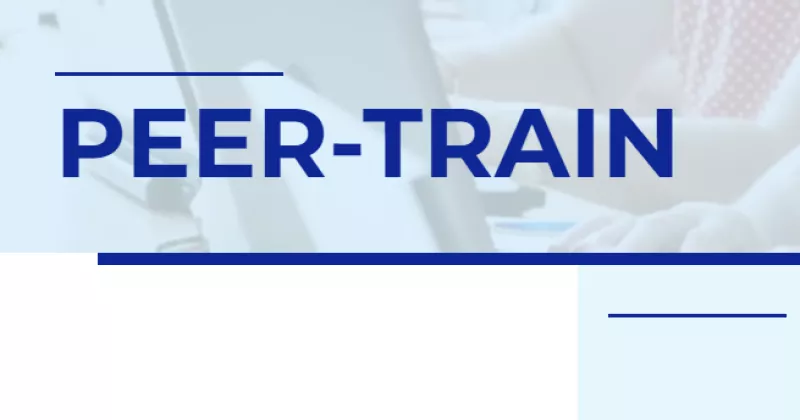The summer series: conditions and the process of workplace learning. Episode 3: feedback from others


The trainee can compare the effects of his action with the effects of the action of a more experienced peer, without his voluntary involvement. The trainee can then compare the results that he has achieved with the results achieved by those who are acting around him. He can also compare some of the consequences of his action with those of others: for example, if he obtains a satisfactory result but his workstation is dirty or messy while others are clean or well-organised, or if he is exhausted or has a bad back while others appear to have acted without too much effort.
But feedback can be supplied deliberately by others: colleagues, a tutor, a line manager, a customer or a user. Feedback may have a bearing, as has been seen in a previous text, on the final product of the action and on its comparison with the expected product; on the operations of the action in progress and their greater or lesser relevance. It can focus on the relationship between the working conditions and the action, or on the relationship of the results obtained with the conditions.
In many cases, feedback given by the more experienced, or the more competent, has a greater potential than learning on the job by trial and error:
- the feedback is more reliable
- the feedback may relate to imperceptible and inaccessible aspects (imperceptible effects and consequences in the medium and long term, etc.)
- the feedback is more complex, since it may also express the cause-and-effect relationship between the action and the effects, between the conditions and the action, or between the conditions and the effects, which are difficult to access, or would take much longer without help.
- the presence of another person makes the trainee pay attention to the more determining aspects of the action and the conditions, as well as maintaining a higher level of awareness.
The importance of the help given by others in terms of feedback contains some essential points:
Before the action:
- allows the trainee to access models of the expected results
- clarifies and indicates the quality criteria (for success)
- clarifies and indicates the indirect effects and consequences of the action, and the choice of actions
- indicates the conditions of work to be taken into account for the action
- makes the trainee explain the expected results and the criteria by which he will be able to estimate the quality of his action and the product, and the effects of his action.
During the action:
- provides feedback on the course of the action, for each element of the action, by relating the intermediate aims and operations, conditions, direct and indirect effects
- directs the trainee's attention to the characteristics of the more critical conditions, sources of risk and indices of failures, drifting away from the aim, or success
- asks the trainee to find and express the feedback supplied by the environment.
After the action:
- forms the relationship, or has it formed, between the results obtained and the aims
- more or less validates or invalidates the action carried out
- forms the relationship, or has it formed, between the results obtained, the action and the conditions
- considers the indirect consequences
- proposes, or causes a proposition to be made, of adjustments to the action.
Feedback from others alone would be enough to transform an on-the-job learning situation into a training situation. The learning potential offered by training which pays sufficient attention to feedback has a three-part influence: on the reliability of what is learned; on the time required to master the action; and on the depth of what is learned.




